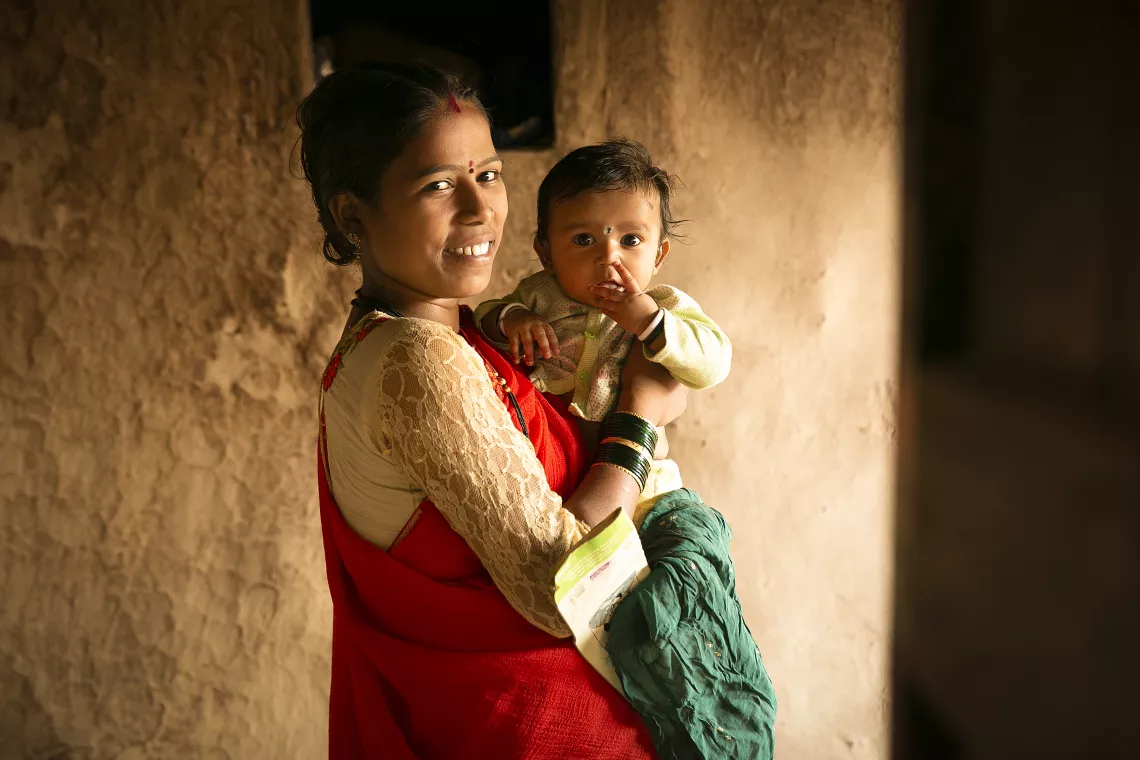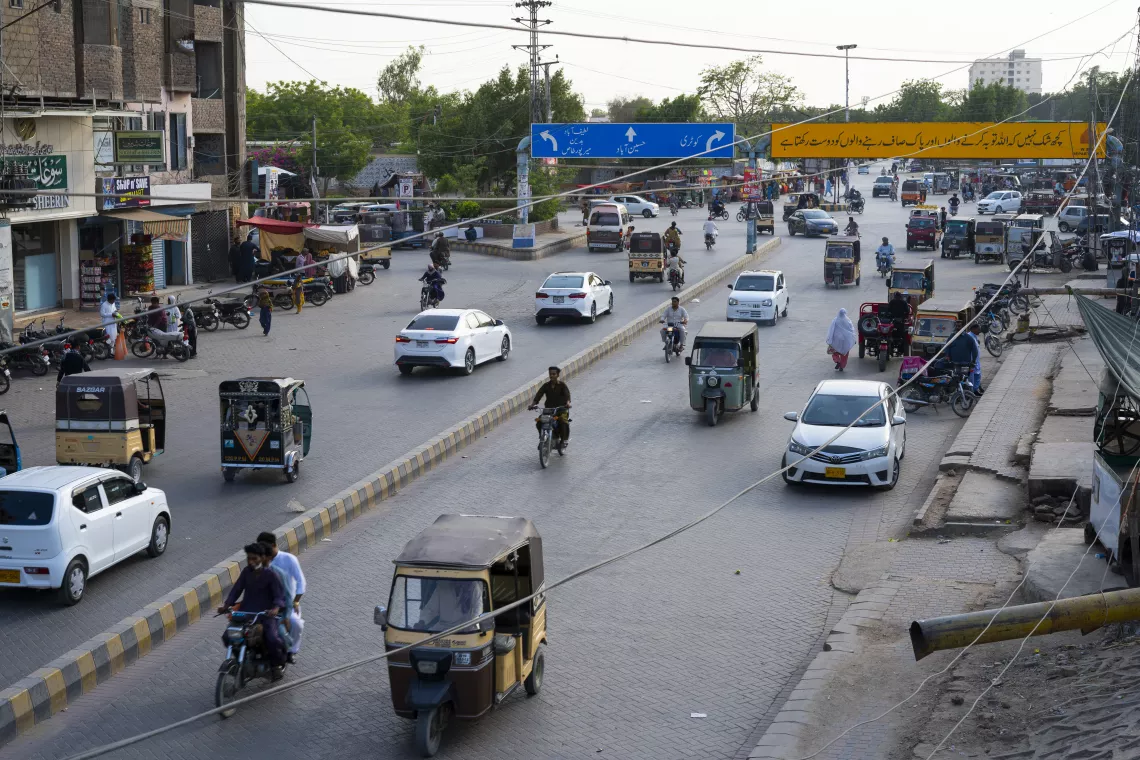With the onset of winter in South Asia, air quality has started to turn toxic across the region. Recently, the air quality index reached 500 in Delhi and Lahore, causing governments to temporarily close schools. Other South Asian cities also consistently rank high in the list of most polluted cities globally.

UNICEF/UNI183748/Chen
Some air pollutants are also major contributors to climate change. It is raising the average temperature of our planet, causing extreme weather events and long-term environmental degradation.
So why does this matter for South Asia? Well, South Asia is home to over 627 million children. Since the region also ranks as one of the most polluted regions in the world[1], this is now a child health crisis with millions consistently exposed to dangerous air quality. It is, therefore, crucial for parents and caregivers to understand how they can protect their children’s health.
130,000
deaths of children under 5 in South Asia were attributed to air pollution
Impacts of air pollution on children
Children are especially vulnerable to air pollution because they breathe faster and more often through their mouths, taking in more pollutants than adults. Studies have shown that air pollution can affect children’s brain development during the critical early years of life and, in some cases, cause stunting. In 2019, 20% of newborn deaths were attributed to air pollution, most related to complications of low birth weight and preterm births.

UNICEF/UN0662130/Soni
Tips to protect your children from air pollution this winter
Stay informed about daily air quality levels in your area using reliable apps or government websites. Free apps like Plume or IQAir can be downloaded on to your phone.
Schedule outdoor activities during times of lower pollution, typically in the early morning or late evening. Try to reduce the time spent in areas where pollution is high, such as near or around areas of severe traffic congestion or sources of industrial pollution. On days with poor air quality, restrict your child's outdoor playtime and consider indoor alternatives.
During high pollution, keep windows and doors closed while still allowing adequate ventilation. If your budget allows, use air purifiers for your home, which can greatly absorb much of the indoor circulating pollutants.
Use exhaust fans or open a window in the kitchen when cooking. Use clean fuels to cook if feasible. If ventilation is challenging, cook outdoors.
Certain easy to maintain indoor plants like the Spider and Snake plant or Areca palm can help improve air quality naturally. Consider adding them to your home decor.
Carpooling or using public transportation can reduce emissions. Walk or bike for short trips.
Encouraging a healthy lifestyle can help build immunity and protect kids from the harms of air pollution. Healthy children are less likely to face problems from breathing in polluted air. This means giving them lots of love and care, starting with 6 months of breastfeeding, keeping their immunisation schedule up to date, feeding them well, and letting them have plenty of fun and playtime.
Air pollution is everyone’s concern. Join local and national initiatives advocating for cleaner air, stricter emissions regulations, and improved public transport. And do your part!

UNICEF/UN0844539/Ahmed
